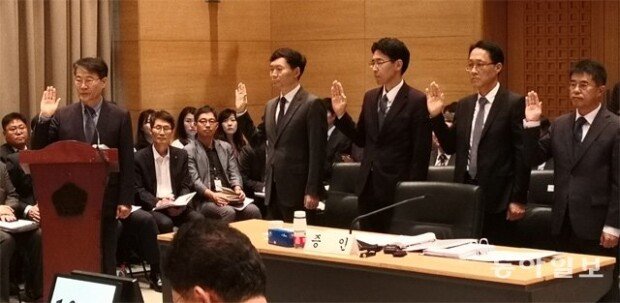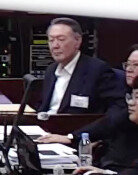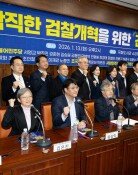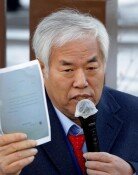S. Korea needs to be more confident in diplomacy with China
S. Korea needs to be more confident in diplomacy with China
Posted October. 14, 2019 07:28,
Updated October. 14, 2019 07:28

South Korean Ambassador to China Jang Ha-sung said to members of the ruling and opposition parties at the Korean embassy in Beijing on Friday afternoon, “Korea-China relations have been normalized in almost every aspect including high-level exchanges.”
To be sure, things have improved compared to 2017 when China’s retaliation for the deployment of the Terminal High-Altitude Area Defense (THAAD) system was in full swing. South Korea was briefed before any other country on China’s Foreign Minister and State Councilor Wang Yi’s visit to North Korea last month. However, this does not equate to “the normalization of the relations.”
It has already been two years since Seoul and Beijing agreed to leave the THAAD issue behind and “put all bilateral exchanges back on track” in October 2017. However, China is still sending fewer tourists to Korea and limiting domestic distribution of South Korean entertainment. Worse yet, the issue of the THAAD retaliation itself has not been fully addressed. Some Chinese officials do not acknowledge that Beijing had carried out economic retaliation against Seoul.
Rep. Yoon Sang-hyun of the main opposition Liberty Korea Party, who chairs the National Assembly's foreign affairs committee, asked the ambassador if it does not frustrate him that China has not yet delivered on its promise. Asked about China’s response to South Korea’s request to end its retaliatory actions, Ambassador Jang said, “It is difficult to say.” “Why can’t you confidently say that” asked Rep. Yoon.
“We need to ask China to remove its retaliatory measures. China unveiled the Dongfeng-17 missile, which can incapacitate THAAD, during an event to celebrate the 70th anniversary of the founding of the People’s Republic of China,” Rep. Song Young-gil of the ruling Democratic Party of Korea also argued. China can no longer be angry over THAAD.”
On Chinese President Xi Jinping’s state visit to South Korea, Ambassador Jang said, “The two nations know the need for the visit and are trying to find the right timing,”but it is unclear whether the visit can be made within this year. Rep. Park Byung-seok of the ruling party also said, “Japan, Australia and India maintain great ties with China despite their participation in the U.S. Indo-Pacific Strategy (which aims to keep China in check).” President Xi happily accepted Japanese Prime Minister Shinzo Abe’s request to visit Japan next Spring. From Friday to Saturday, President Xi paid a visit to India to discuss “strategic cooperation” with Indian Prime Minister Narendra Modi even though Seoul and Beijing are currently in the middle of a border dispute. The three countries do speak up to China but successfully pitch their strategic values. too.
The Sino-Korea relations have not seen dramatic improvement probably because Seoul has not been assertive. Rep. Song Young-gil, who argued that strengthening ties with China is not flunkeyism, also asked for “a more confident diplomacy,” saying, “China is failing to keep its promise to not seek supremacy and treat countries along its Belt and Road Initiatives like real brothers.” Ambassador Jang said “there is no one in the Ministry of Foreign Affairs who speaks Chinese this year, which can affect our diplomatic capabilities.” A lack of Chinese speakers in the ministry, however, does not seem to be the real issue in South Korea’s diplomacy with China.
Wan-Jun Yun zeitung@donga.com



![[속보]국힘 윤리위, 한동훈 제명 결정…장동혁호 ‘뺄셈 정치’ 가나](https://dimg.donga.com/c/138/175/90/1/wps/NEWS/IMAGE/2026/01/14/133151701.1.jpg)



